Antoine Roex, Stalks
Faced with modern educational challenges, schools are collaborating with data experts to analyze and improve student performance. Find out how these partnerships are transforming education, from personalized learning to better pedagogical decision-making.
In-depth analysis to target student needs
Leveraging data in the education sector enables institutions to precisely target student needs and identify areas where improvements are required. By collecting data on academic results, learning behaviors and socio-economic conditions, institutions can gain a better understanding of the factors that influence academic success. This information is then used to define targeted interventions, ranging from adjusting teaching content to developing specific support programs for students in difficulty. This data-driven approach is underpinned by a fine-grained analysis that optimizes the use of educational resources, reinforces school equity and, ultimately, improves overall educational results.
Personalizing learning through data
Collaboration with data experts encourages the development of personalized learning paths. Digital platforms equipped with advanced analysis tools enable educational content to be tailored to the individual needs of each student, offering a more targeted and motivating approach. For example, data-driven adaptive learning tools automatically modify content according to students’ skills and gaps. This not only speeds up progress for advanced students, but also provides enhanced support for students who are experiencing difficulties, promoting a more inclusive educational experience tailored to individual rhythms.
Optimized pedagogical and administrative decision-making
Data is not only used to individualize teaching, it also helps school leaders make more informed decisions. By analyzing trends across a range of indicators (such as student engagement, success rates and resource utilization), schools and educational managers can assess the effectiveness of current programs and identify where adjustments are needed to better meet expectations. This quantitative approach enables proactive management and promotes the continuous improvement of teaching methods and resources, ensuring that every student benefits from an optimal learning environment.
Strengthening collaboration between teachers, students and experts
By integrating data experts, educational institutions also strengthen collaboration between teachers and students. By accessing data on student performance and behavior, teachers can adjust their teaching methods and provide constructive feedback in real time. Students, for their part, benefit from greater transparency on their progress and, thanks to digital tools, can better understand their strengths and weaknesses. This cooperation improves communication and establishes a climate of trust, essential for encouraging students’ autonomy and involvement in their own learning. Ultimately, this teamwork contributes to a more participative and success-oriented educational experience.
Conclusion
Collaboration between educational institutions and data experts opens up new prospects for improving educational outcomes. By enabling personalized learning, facilitating decision-making based on reliable data, and strengthening links between teachers and students, these innovative partnerships are laying the foundations for more effective and inclusive education. With the rise of data in education, schools will be able to continue adjusting their practices to meet the evolving needs of students and the expectations of society.
References :



